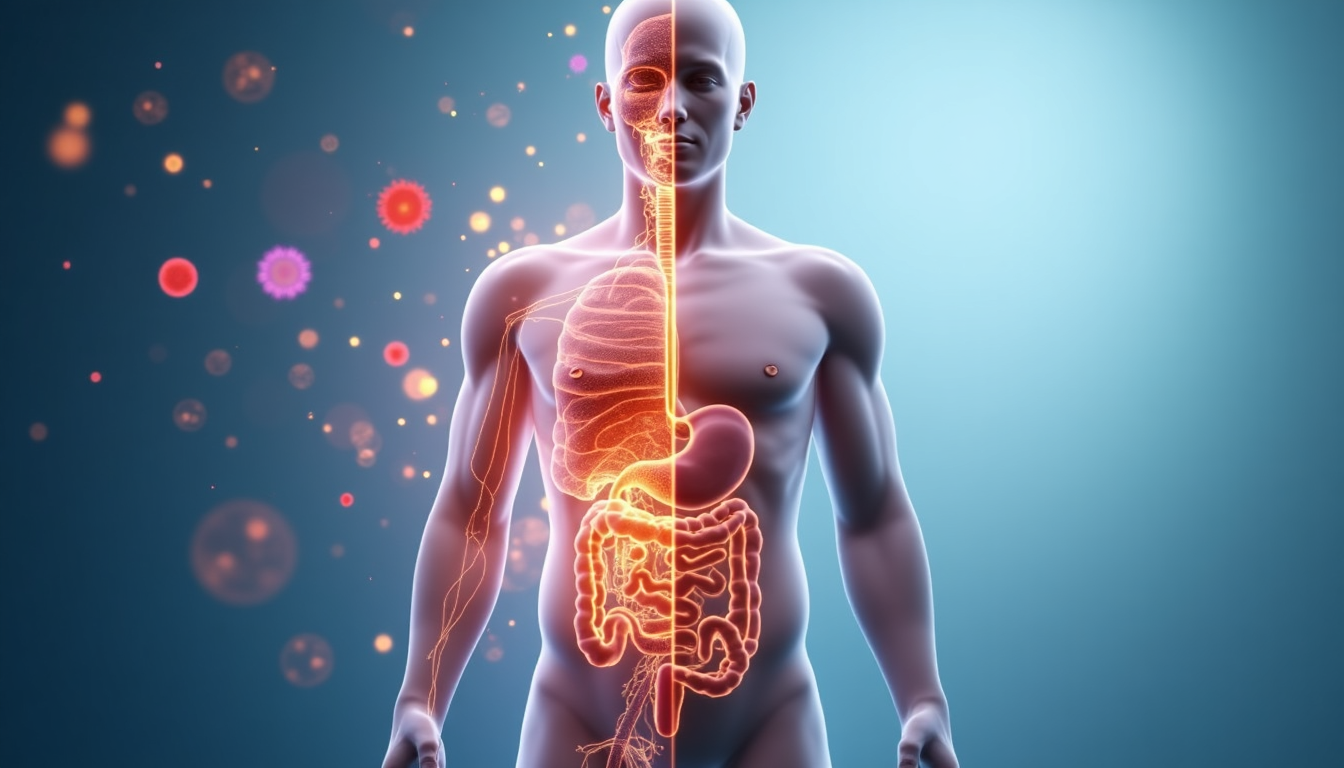
Hormone Imbalances and Sleep: Why Cortisol and Progesterone Matter
Hormone imbalance and sleep is often an overlooked relationship when considering sleep problems. Difficulty falling asleep, waking in the night, or feeling unrefreshed in the
If you enjoyed a couple of glasses of champagne over the festive season, don’t despair. Recent research suggests that champagne may have a beneficial effect on the walls of blood vessels.
It has been known for a while that red wine may reduce the risk of heart problems and stroke due to the action of chemicals called polyphenols. These slow down the removal of nitric oxide from the blood, which itself causes blood vessels to dilate, lowering blood pressure. Although polyphenols are found in high levels in red wine, but not white wine, this new research has shown that champagne had a far greater impact on nitric oxide levels in the blood than a polyphenol-free control drink of alcohol with carbonated water.
It is generally accepted that a small amount of alcohol confers health benefits, but that beyond moderate consumption, alcohol intake is associated with liver disease, sleeping disorders, cancer, hypertension and mood disorders. It can also have adverse social effects and can cause people to act irresponsibly.
Polyphenols are found in many foods, notably berries, cocoa, walnuts, peanuts, tea, fruits and vegetables. For the greatest health benefits, therefore, 2 small glasses of red wine or champagne can be added each week to a diet rich in berries, fruits and vegetables. Pregnant women are advised to avoid alcohol entirely.
To find out more about Cardiovascular / Heart Health click here
To find out more about health tests for Cardiovascular disease /Heart Health click here

Hormone imbalance and sleep is often an overlooked relationship when considering sleep problems. Difficulty falling asleep, waking in the night, or feeling unrefreshed in the

‘Detox’ has become one of the most misunderstood concepts in modern wellness. For many people, it brings to mind juice cleanses, restrictive diets or short-term resets promising quick results. Yet the body’s true detoxification systems are far more complex — and far more intelligent — than any cleanse.

Anxiety and gut health are closely linked through the gut–brain axis. Research suggests the gut microbiome, neurotransmitters and genetics may influence stress responses and emotional well-being. Exploring gut microbiome and nervous system insights can help build a more personalised understanding of anxiety.

Strange symptoms can puzzle anyone. Your body might show signs ranging from headaches and skin rashes to digestive problems and anxiety. Doctors sometimes struggle to explain these mysterious health issues that affect millions of people worldwide.
Please do not return samples to the laboratories that may arrive after Wednesday 27th March and up to and including Monday 2nd April.
The laboratories are closed from the 28th March – 2nd April for the Easter Holiday.